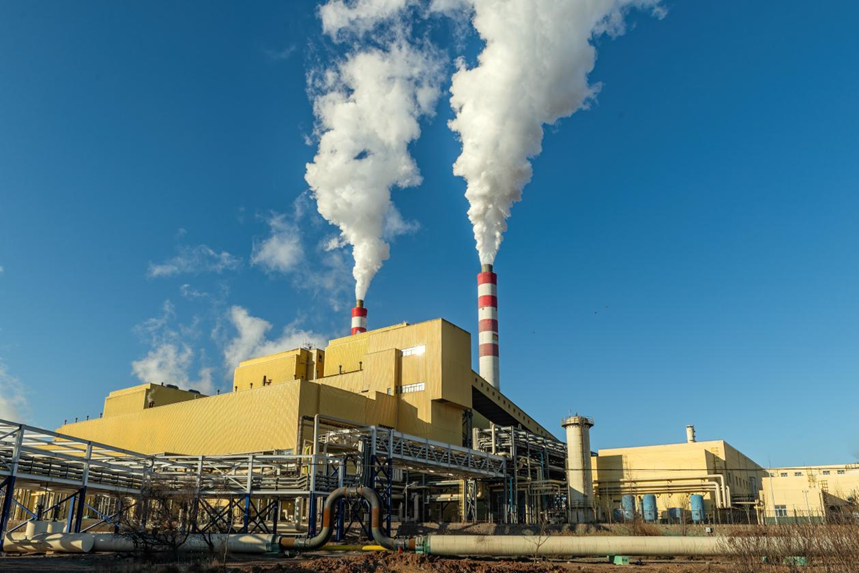As the global economy continues to recover, the manufacturing industry, as the core of the real economy, is undergoing unprecedented changes and innovations. At the beginning of 2025, with the steady rise of the global manufacturing purchasing managers' index (PMI), the development prospects of the manufacturing industry have attracted much attention. Manufacturing companies in various countries have accelerated their transformation to adapt to new market demands and technological challenges.

Image Source:699pic.com
The digital transformation of the manufacturing industry has become a global consensus. In recent years, the in-depth development of Industry 4.0 has promoted the digitalization of the manufacturing industry. More and more manufacturing companies are adopting advanced technologies such as the Industrial Internet of Things (IIoT), big data, and artificial intelligence (AI) to improve production efficiency and product quality. According to the latest data, digital transformation not only gives factories the ability to "perceive" and "foresee", but also greatly reduces downtime and maintenance costs through predictive maintenance technology. For example, the automotive industry widely adopts digital twin technology to test different response plans in advance through virtual simulation of actual production processes in order to flexibly respond to market changes.
The decentralized manufacturing model has become a new trend in the manufacturing industry. Factors such as the epidemic and geopolitics have prompted manufacturing companies to rethink their production layout. In order to reduce transportation costs and improve the flexibility and resilience of the supply chain, more and more companies are beginning to adopt a decentralized manufacturing model to move production plants closer to the market. The advantage of this model is that it can better meet the needs of local consumers and reduce the risk of business interruption. Some well-known automobile brands have established micro-factories around the world. Although these factories are small in scale, they are highly modularized and use cutting-edge technology to achieve ultra-autonomous manufacturing, which has enhanced global competitiveness.
Green manufacturing is gradually becoming an important development direction for the manufacturing industry. With the increasing global awareness of environmental protection, manufacturing companies have begun to adopt environmentally friendly materials, energy-saving equipment and circular economy models to reduce carbon footprints. Some countries have also introduced relevant policies to encourage green manufacturing, such as providing tax incentives and financial subsidies, which further promoted the development of this trend.
Looking ahead, the manufacturing industry will continue to accelerate development in digital transformation, decentralized manufacturing and green manufacturing. At the same time, in the face of increasingly fierce market competition and technological changes, manufacturing companies need to continue to innovate, strengthen talent training and skills transformation to adapt to new market demands and technological challenges. Against the backdrop of global economic integration, the transformation and innovation of the manufacturing industry will become an important driving force for the sustained recovery and high-quality development of the global economy.
- pre:Electricalmechanical products lead the new era of intelligent manufacturing
- next:Analysis of the Development Prospects of Chinese Hand Tool Manufacturers
Please click to consult us immediately or call the hotline: 4006-979-616We will solve the problems in your heart in detail。Online consultation







